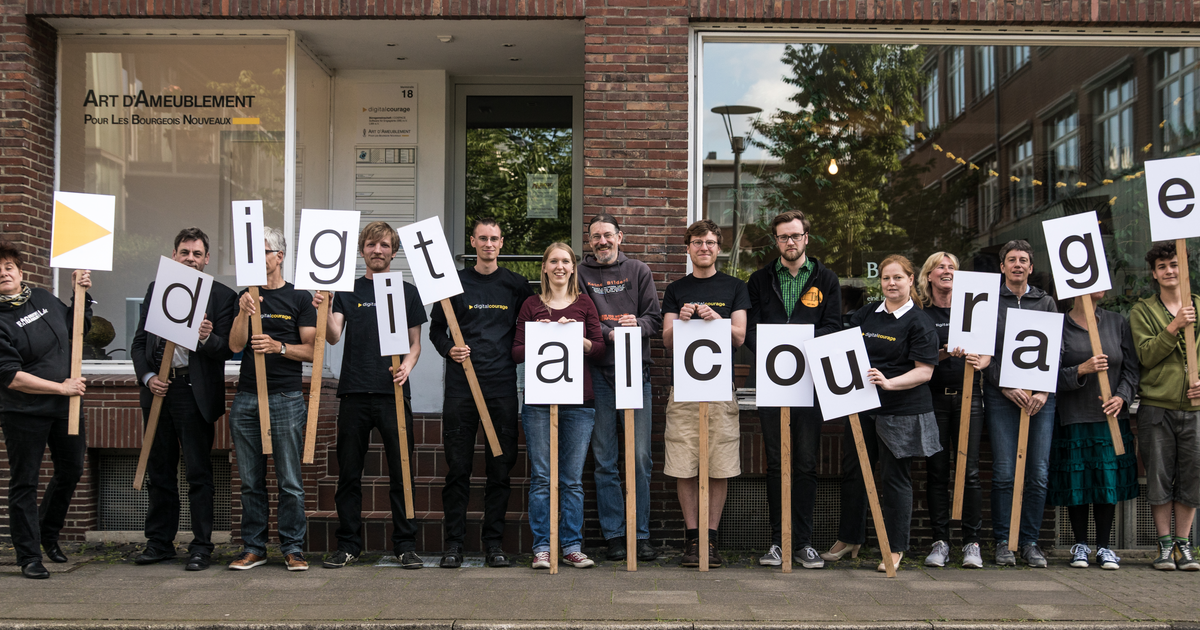Wusstet Ihr, dass man nach einem Rezept der #WHO sein eigenes #Handdesinfektionsmittel herstellen kann? Das DIY-Desinfektionsmittel ist besonders nützlich in #Krisensituationen oder zur #Müllvermeidung. Man benötigt dazu nur wenige Zutaten und hat eine wirksame Lösung gegen #Bakterien und #Viren. Willst du mehr erfahren und es selbst ausprobieren? Mehr dazu im Beitrag.
#DIY #Gesundheit #Hygiene #Selbstgemacht #Desinfektionsmittel #WHO

